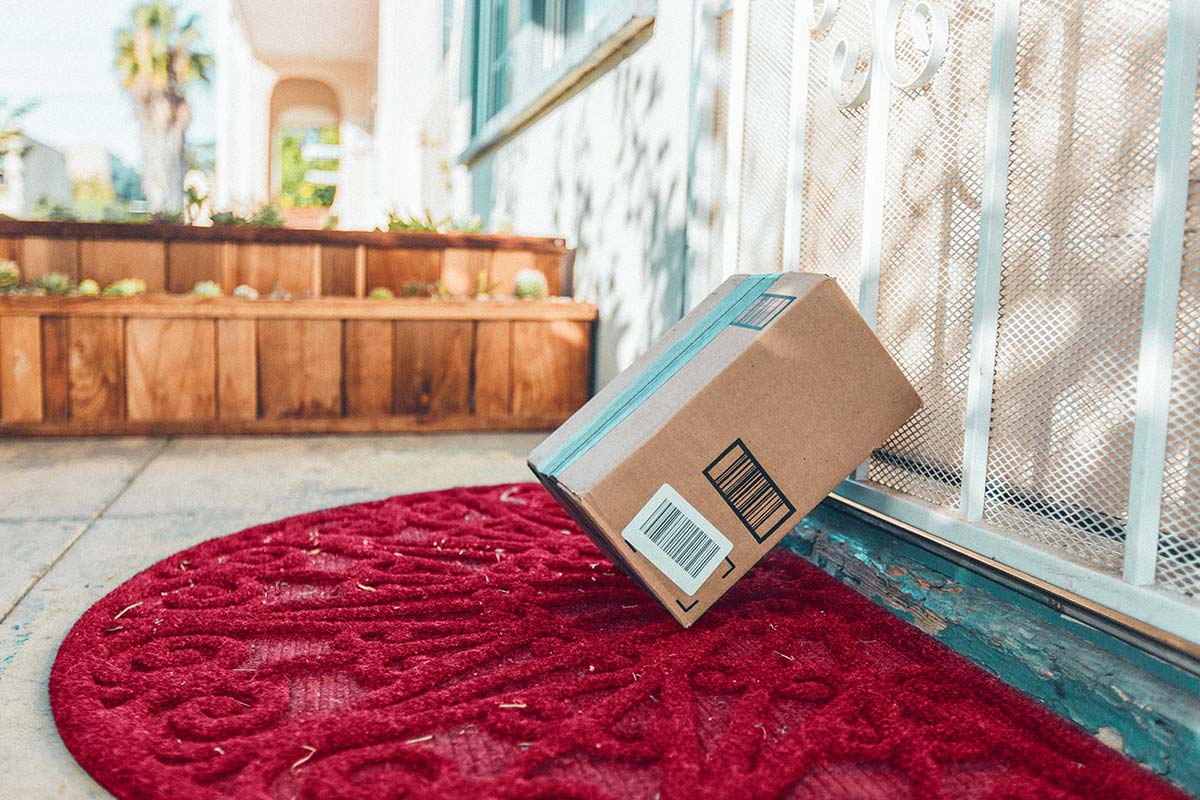
9 Signs You're a Responsible Credit Card User
With varying interest rates, seemingly endless rewards programs and hacking horror stories, credit cards can get a bit complicated.
Don’t you wish your credit card would have come with a user manual, one titled, “What are the responsibilities of having a credit card?” Or a training video that teaches you how to use a credit card responsibly?
That probably won't happen any day soon, but we have good news: No matter how you’ve used credit cards in the past, it’s never too late to start over and build healthy spending habits! And we can help.
Here are nine signs that show you're well on your way to becoming a responsible credit card user.
-
Creating a plan—and sticking to it
The first step to building (or rebuilding) your credit is to make a plan.
Outline the steps you need to take to get your finances where you want them to be. Start by adding up your monthly income and subtracting all necessary expenses. Whatever you have leftover should go toward debts, savings and then the fun stuff.
If, after a couple of months, you find that your budget isn't quite working out, consider making a few cost cuts here and there. Maybe this includes eating out less, working out at home, or cutting some subscriptions. The key is to find sustainable adjustments, not radical ones.
You’ll start seeing a change after you’ve worked hard on your plan for a while. It might seem hard to stick with it, but your future self will be grateful you did. This gives you the ability to know exactly where each dollar is going instead of constantly stretching your budget.
-
Paying more than just your minimum payment each month
A responsible credit card user aims to pay off their balance in full each month to prevent interest charges from piling up. That being said, life can get ahead of us all now and then. That’s why it's important to know how to handle it before it happens to you.
Comb through all your credit card statements and find out when the minimum payments are due. Add reminders to your calendars and always try to pay more than is required. Even if you're just paying slightly more than the minimum, you're actively combatting interest and saving money.
If you do find yourself getting behind on fees, consider these ways to lower credit card interest.
-
Not relying on your credit card for everyday necessities
Should you use your credit card for everything? Simple answer: No.
Responsible spenders budget for everyday necessities to avoid necessarily putting them on a credit card. Instead, they use their debit cards or cash for these purchases, so they don’t overspend.
-
Using your card mostly for large, necessary expenses
That probably leaves you asking, “What should I buy with my credit card?
Credit cards are ideal for large, necessary expenses. By large, we mean things like appliances, car repairs and travel expenses. These types of purchases can earn you major rewards and can include more protection than your debit card—like extended warranties or purchase protection.
-
Using less than 30% of your credit limit
Responsible credit card use requires you to use your credit card. One of the worst things you can do is get a new credit card and let it sit in your wallet. The longer it sits, the greater the chance the issuer could close your account due to inactivity. Why? Because they make more money when you use it. If you’re hesitant, start by using your card just for gas or a small recurring payment.
If you're still struggling to figure out how to use your credit card, you can also try setting a credit card budget and checking your spending each week to make sure you're sticking to it. A good starting point for a budget is an amount less than 30% of your credit card limit. Maintaining this level, or lower, benefits your credit score.
Learn more about other ways to improve your credit card habits
-
Never taking out cash advances
There comes a time in most people's lives where you just need a little bit of cash to get you through. In moments like these, do not turn to your credit card.
Yes, most credit cards offer cash advances. That doesn’t mean you need to use them.
Interest rates on cash advances can be astronomical, and most issuers will charge interest on them immediately. You'll also have to pay a fee any time you use your credit card to get a cash advance.
If you really need quick cash, consider other options—like asking your friends, borrowing from your family, selling unused items or picking up extra work—before hitting the ATM. This is one unhealthy credit card habit you don't want to start.
-
Checking your statement thoroughly every month
Whether it's online or in your mailbox, a responsible credit card user always reads their statements and bank messages. Specifically, you should keep an eye out for minimum payments due and errors that could result in overpayment.
Also, keep an eye on your credit score—it will likely be on your monthly statement or view it in your mobile banking app. Keeping your credit score in the preferred range is a constant work-in-progress. Being aware of what types of activity can hurt your credit, and considering each move carefully before you make it, will help yours stay there. If you need some help with it, here's how to develop a high credit score.
-
Maximizing rewards without overspending
We've talked a lot about rewards here, but a responsible credit card user knows you should never overspend just to earn more points.
You can avoid this by finding the right credit card for you—one that you can earn valuable rewards on without blowing your budget. The Visa cash back card, for example, lets you earn unlimited cash back on eligible purchases.
-
Reading the fine print in every letter you receive from your credit card company
Finally, always read the fine print.
Your bank will send you a lot of letters—both digital and physical. It's crucial that you read each one thoroughly to ensure you're not missing a payment or a change in your terms. If it helps offset some stress, set them all aside for a once-per-week review. Keep customer service phone numbers nearby to call with any questions or concerns.
Still looking for some help with your credit card habits? Apply for one of Mountain America Credit Union's credit cards today, or schedule a visit with one of our financial experts.
Related Articles

How to Use a Visa® Gift Card Online
